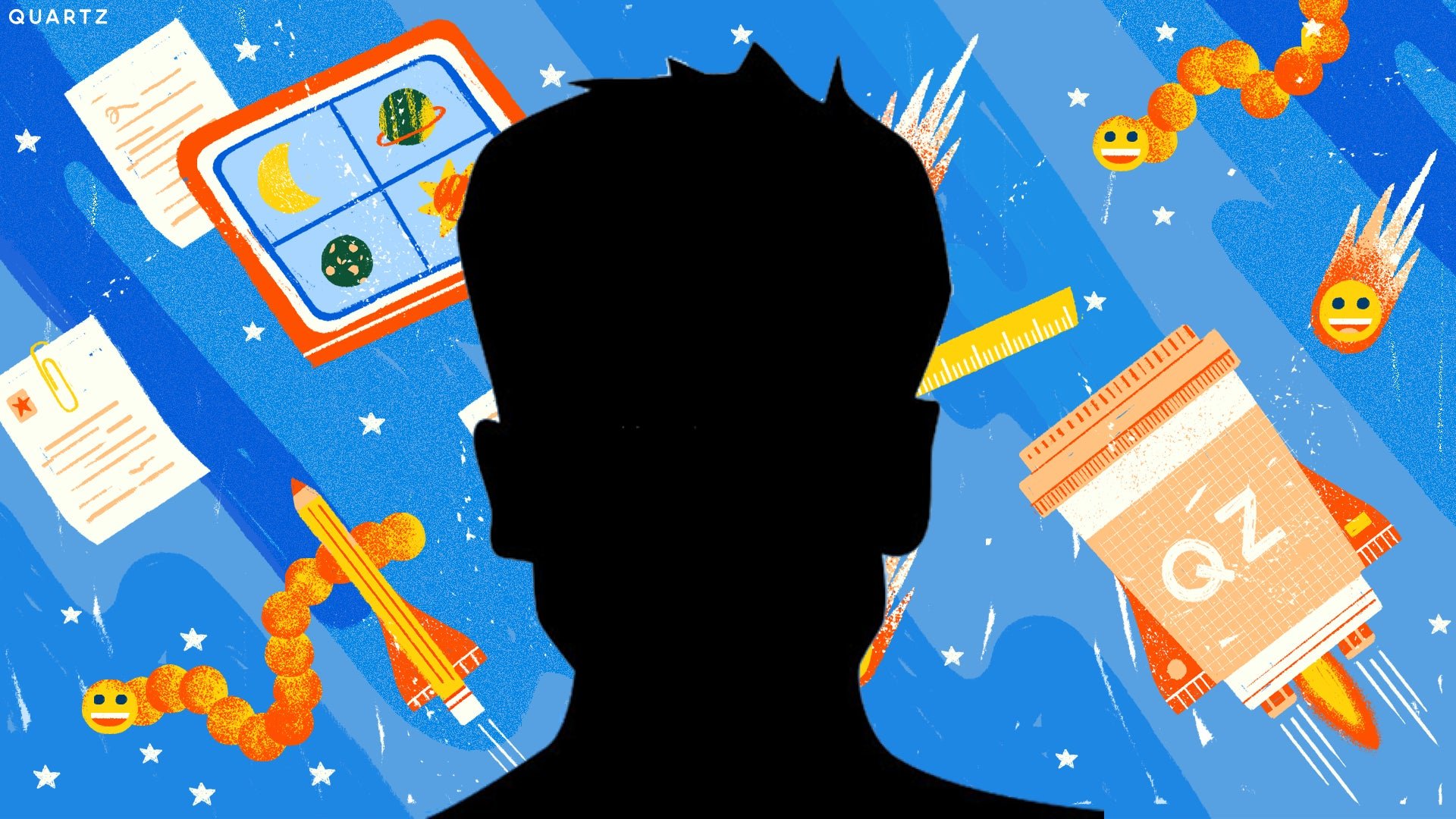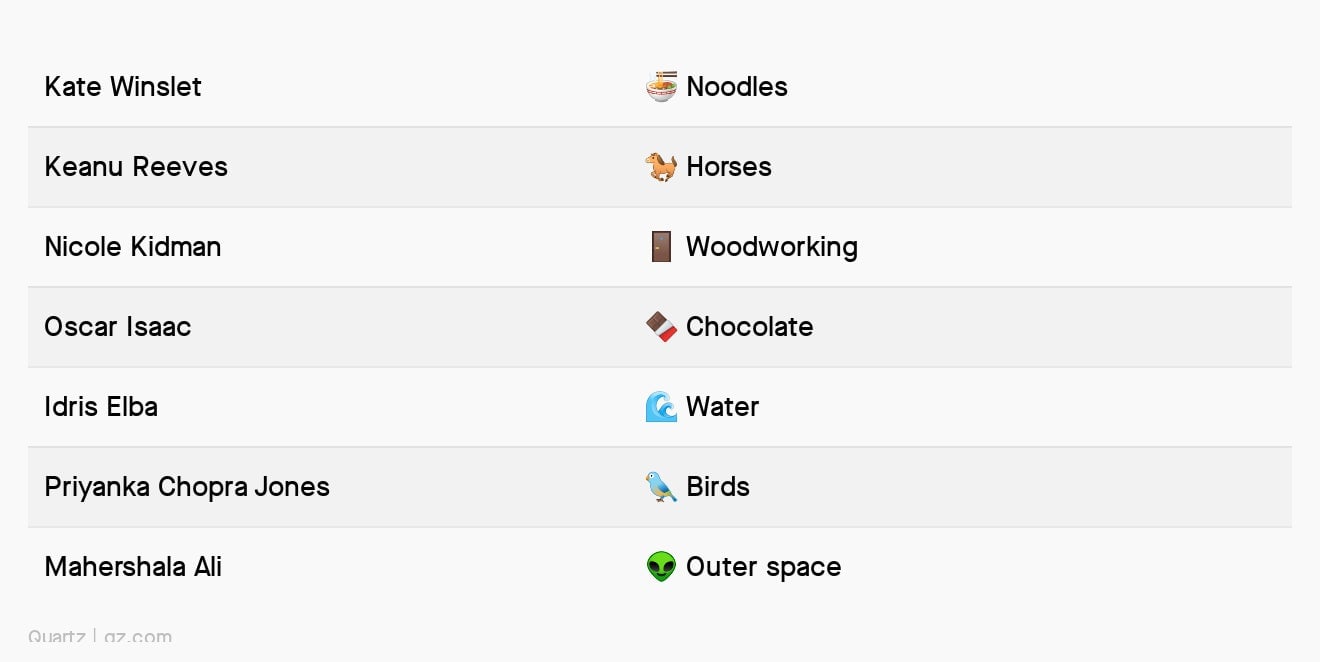For Quartz members—The app that won election night
Hi [%first_name | Quartz member%],


Hi [%first_name | Quartz member%],
Millions of people tuning in to CNN’s election night coverage were treated to a special bit of irony. The network’s “Key Race Alerts”—the bright red, panic-inducing way that CNN introduces results—were sponsored by wellness app Calm. It was a savvy move for the eight-year-old company, which isn’t alone in its quest to build the perfect app for chilling out. Can Calm keep it up? Let’s meditate on it.
But first, a recap: Joe Biden has a lot to do, and Donald Trump isn’t making it easy to get started. Pfizer’s Covid-19 vaccine could change the future of vaccines, TikTok’s Oracle deal is in its own lame duck period, and a climate feedback loop is brewing in the Arctic. What if regulators forced Google to sell Chrome? We gave it a think.
Your most-read story this week: Pay attention to the world leaders who aren’t talking about Biden’s victory. And most relatable member goes to whoever was reading Why Quibi failed. We’re still thinking about it too.
Okay, now put on your PJs and pop in headphones. Once upon a time there was a wellness app…
Calm before the storm
Founded in 2012 by entrepreneurs Michael Acton Smith and Alex Tew, Calm today has a $1 billion valuation and a mission to help the world meditate, relax, and maybe even get some sleep. The app was named Apple’s 2017 App of the Year, and by 2019 it had more than 80 million downloads and $92 million in revenue, the latter according to an estimate from app analysis firm Sensor Tower.
But it wasn’t until 2020—a year defined by the coronavirus pandemic, economic upheaval, racial injustice, and a high-stakes US election—that Calm’s bedtime stories and mindfulness sessions propelled the tech unicorn to new heights.
In April, as Covid-19 forced lockdowns around the world, first-time downloads of Calm jumped to 1.6 million, up 36% from a comparatively uneventful January. In May, a new deal with Kaiser Permanente made the app, which costs $69.99 for an annual subscription, free to the health insurance company’s 12.4 million members—a move intended to help people cope with the “uncertainty, stress, and sometimes fear brought on by COVID-19,” a psychiatrist at Kaiser said in a press release.
Calm has also benefited from employers looking to expand the suite of digital mental-health services offered to stressed-out staff. Alex Will, Calm’s chief strategy officer, told CNBC in October that more than 20 of its 140 staffers are now focused on corporate sales, noting, “So many organizations have recognized that mental health is a must-have for employees rather than a nice-to-have.”
Most recently, Calm’s election-night deal with CNN—including a 30-second ad during which Calm played the sound of rain hitting leaves—was a social-media hit, resulting in more than 9,700 mentions on election day, compared with 500 mentions on an average day the week before.
The company may be looking to capitalize on all this momentum by raising another $150 million at a $2.2 million valuation, Bloomberg reported in October. But in the increasingly crowded and competitive meditation app space, Calm can’t afford to breathe easy.
2 million: Calm’s paid subscribers in 2019.
3.9 million: Calm downloads in April 2020.
30-35: The median age of Calm users.
10: Minutes it takes to listen to Calm’s most popular feature, the meditation “The Daily Calm.”
6: The number of languages Calm is available in (English, Spanish, German, French, Korean, and Portuguese).
Member appreciation interlude
Don’t forget, it’s Quartz Members Week. After considering sending each of our members a homemade pie—logistics nightmare—we reverted to a more practical idea: illustrated Zoom backgrounds! We tried to keep it Quartzy, so one will give you home-office vibes, and the other is out of this world. You can download both of them via Dropbox here.

Pssst. This is your last chance to sign up for “Between Two Derns,” a virtual Q&A with Quartz editor in chief Katherine Bell. Join us on Friday, Nov. 12 from 11am – 11:30am ET, to hear Katherine’s views on the global economy and the perfect breakfast food.
Calm’s Hollywood dreams
Celebrities are a big part of Calm’s strategy. LeBron James offers sessions on topics like “managing emotions” and “a champion’s mindset,” while the app’s streaming feature offers exclusive music from Moby, Ellie Goulding, and Sigur Rós. Celebs reading bedtime stories include Matthew McConaughey, Harry Styles, Laura Dern, Kelly Rowland, and Scottie Pippen. (Styles, whose story “Dream with Me” some reviewers find more sexy than soothing, is also an investor.)

Co-founder Smith has said Calm would “love to win some Emmys and Oscars.” This year the app made its television debut with a 10-episode HBO Max series called A World of Calm. Created with production company Nutopia, the series features narrators like Lucy Liu describing a turtle’s journey through a coral reef. The Hollywood Reporter described it as a “distracting analgesic for contemporary agita” and also a “very, very, very expensive screensaver.”
There’s no clear pattern by which the masters of Calm pair celebrities with tranquilizing topics. But spend enough time thinking about it, and the combinations start to seem inherently complementary—even inevitable. Who else but lovable grump Nick Offerman could do justice to the bedtime story “The Big Bad Wolf Learns Anger Management?” What would Star Trek: The Next Generation alum LeVar Burton describe if not a “Journey to the Stars”? See if you can tap into your celebrity intuition to guess which star narrates which World of Calm episode (answers at the end of the email).

The fight to sell tranquility
Calm’s biggest competitor is Headspace, a meditation app co-founded in 2010 by former Buddhist monk Andy Puddicombe and former marketing executive Richard Pierson. Headspace has over 65 million users, $215 million in funding, and an estimated valuation of $320 million.
Headspace initially had an edge over Calm: It launched earlier and boasted more initial funding, while Calm struggled to bring in revenue and investor dollars. But starting in 2016, Calm quickly gained ground, expanding its premium content with Sleep Stories and daily meditations, and getting big publicity boosts from celebrity narrators and fans. Funding poured in, and Calm has since pulled ahead in reported revenue and app downloads.
That’s no guarantee Calm will stay on top. Headspace has a thriving corporate client business of its own, with more than 1,300 employers signed on, including Starbucks, Adobe, and Unilever. It’s also investing heavily in clinical trials, hoping to prove the efficacy of its app and gain approval from the Food and Drug Administration, which would allow Headspace to be covered by health insurance. The company even debuted its own intentionally unstimulating nature series, Mindful Escapes, on the UK’s BBC Four this year.
There are also plenty of smaller players, including 10% Happier (which caters to beginners and skeptics), Insight Timer (which has a library of more than 65,000 free guided meditations), and Simple Habit (which appeared on Shark Tank and bills itself as offering five-minute meditations “for busy people”). But Calm seems confident about its prospects. As Smith said of Headspace in 2018, “we’re in mindful competition with each other.”
Pop quiz
Which of the following is not a real mindfulness app?
- Buddhify
- iIntrospect
- iMindfulness
- Dharma Initiative
- Breethe
- 2 and 4
- 3 and 5
Answer: 6—iIntrospect and Dharma Initiative aren’t real apps (yet).
And let’s see how you did matching celebrities to topics. Kate Winslet: 🐎 Horses || Keanu Reeves: 🚪 Woodworking || Nicole Kidman: 🐦 Birds || Oscar Isaac: 🍜 Noodles || Idris Elba: 👽 Outer Space || Priyanka Chopra Jones: 🍫 Chocolate || Mahershala Ali: 🌊 Water.
Keep reading:
- Are meditation apps missing the point?
- There’s a new way to meditate at work
- Meditation is the fastest growing wellness activity in the US
- The unsettling anti-entertainment of World of Calm
- How Headspace is beating Calm in the cutthroat meditation app war
Thanks for reading! And don’t hesitate to reach out with comments, questions, or companies you want to know more about.
Best wishes for a meditative end to your week,